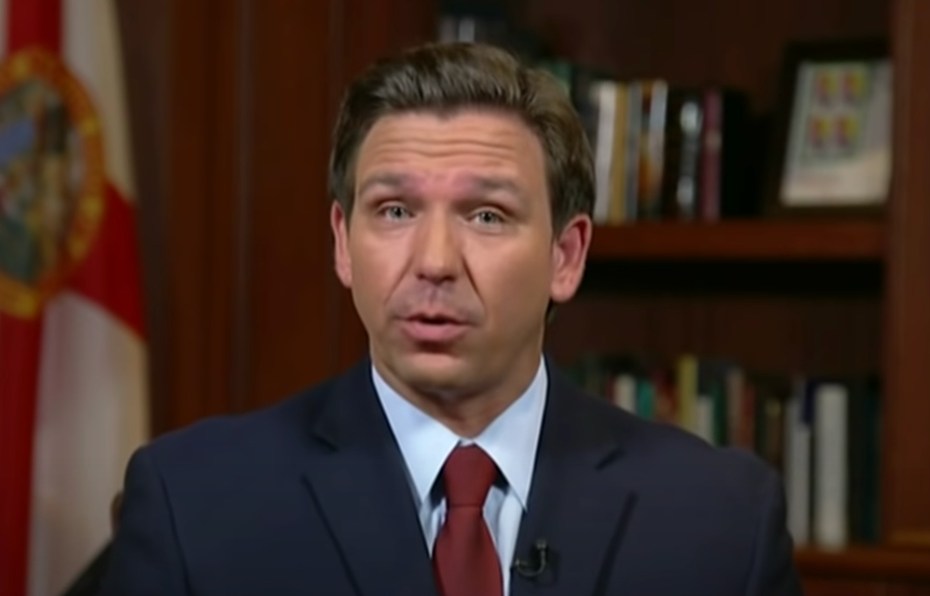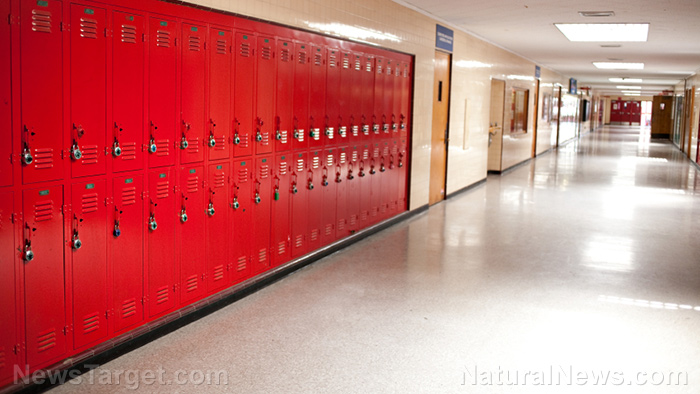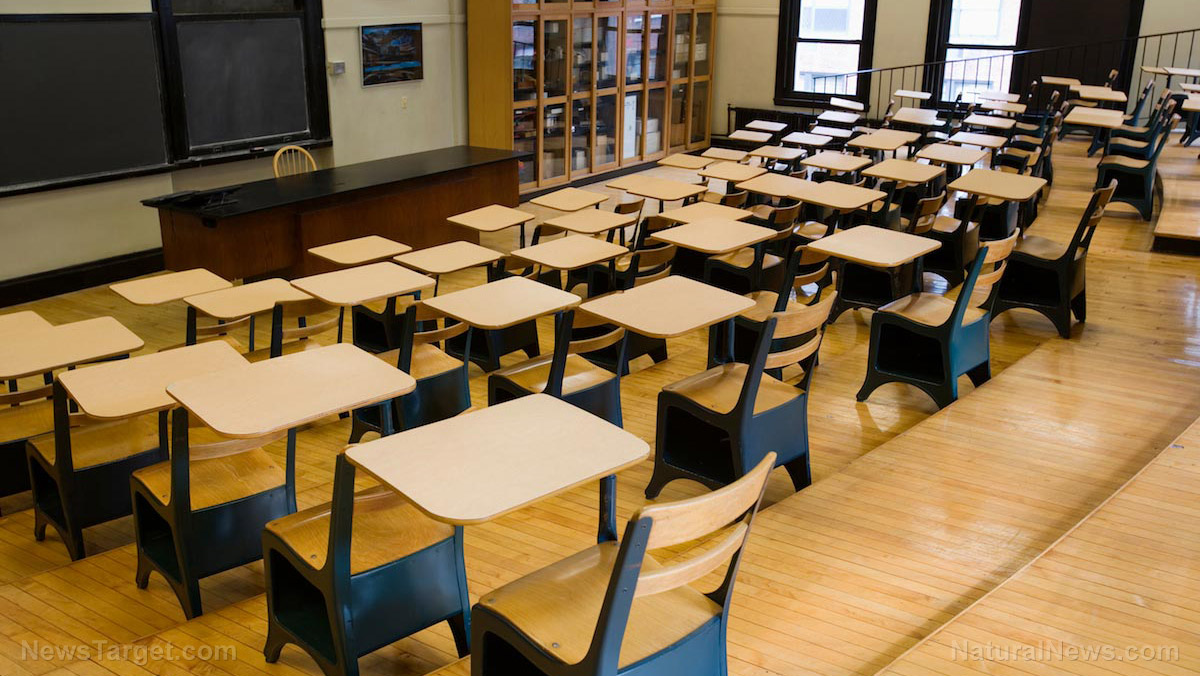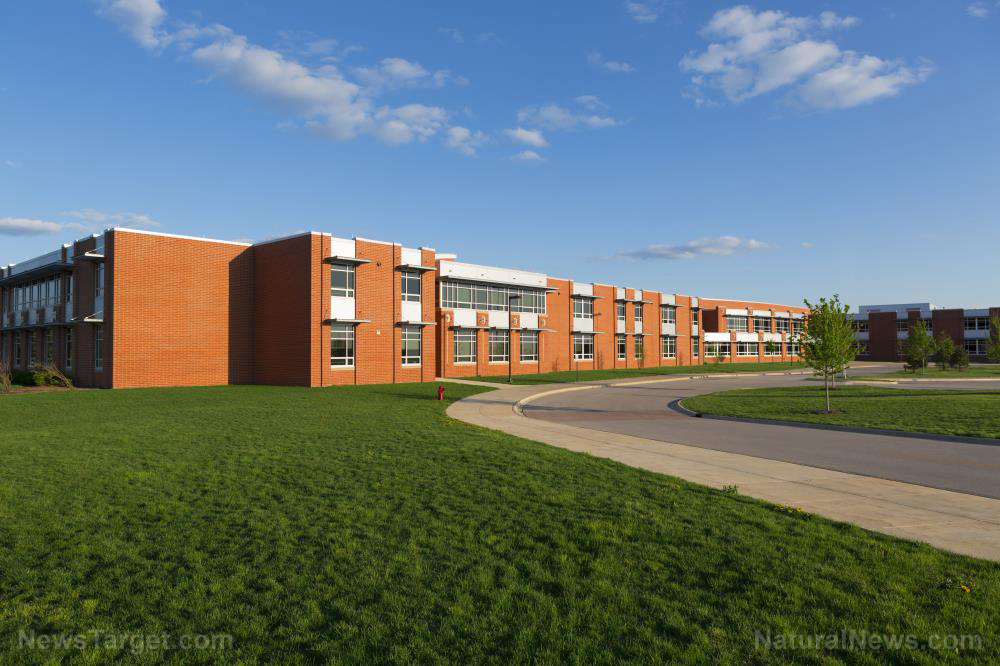Alabama school asking parents to send kids to school with lunches after running out of food due to worsening supply chain crisis
10/20/2021 / By JD Heyes
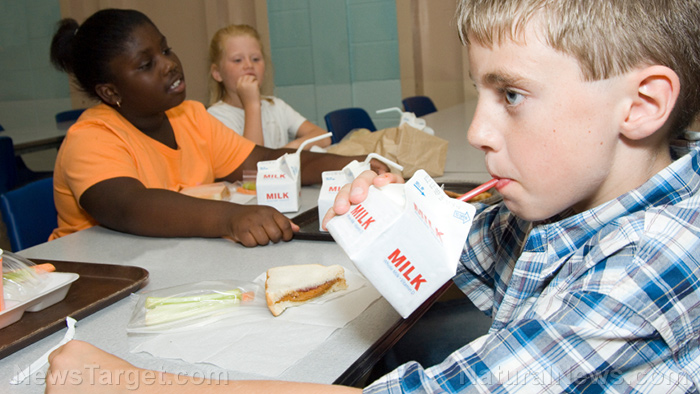
A school district in Alabama is asking parents to step up and fill the void after running short of food thanks to the worsening supply chain crisis under Joe Biden.
Officials with Alexander City Schools asked parents to begin feeding their kids breakfast at home or send them to school with food of their own because the district hasn’t gotten as many deliveries from food vendors.
“We have taken action to open accounts with other vendors in an attempt to diversify our supply options,” school officials wrote in a Facebook post over the weekend. “This is a situation that is frustrating for you as a parent, and for us as well as our ability to feed our students is being greatly impacted.”
“Alexander City Schools, like many schools across the nation, is experiencing supply chain issues with our food vendors. As you know, breakfast and lunch is served daily in our schools. In previous weeks we have not received our food deliveries due to suppliers who are short on supplies, drivers and even warehouse employees,” the post continued.
“Breakfast may be impacted more so than lunch in the coming weeks. If possible, we ask that you feed your student breakfast prior to school or try to send a snack. Some of you have noticed our menus have not been updated regularly. When supplies do arrive, we do not always receive what we have requested; therefore altering the menus,” the post added.
“Please know we will continue to update you as we work to resolve this issue,” the school district’s Post continued.
Last year, the school district had an enrollment of 2,870 students; 65 percent participated in the free- and reduced-price meals programs, the Alabama State Dept. of Education said, according to AL.com.
The site adds:
Alabama schools continue to face food shortages as the pandemic impacts the workforce needed to serve and deliver meals, as well as supplies of food and packaging materials. Every school district in the state is currently facing these shortages to varying degrees, according to the department of education.
The United States Department of Agriculture announced Sept. 29 that it will invest $1.5 billion this year to help schools feed students. However, information on how those funds will be allocated has not yet been given to states.
“As with all funding received, once directives and guidance is provided by USDA, we will follow those guidelines and disburse the funds quickly,” said Anjelice Lowe, Child Nutrition Programs Director for the department of education, in an interview with AL.com.
While many other states no longer use food distributors, Alabama does, Lowe said, adding that the department will continue to “exhaust all efforts” before having to close a school over the shortages.
Other districts in the state, such as Dothan City Schools, however, have asked parents to possibly shift their children to remote learning because of a dearth of food supplies.
“As a last resort, we may also ask that you prepare to have virtual/remote school days a few days out of the week to alleviate the stress of our food supplies,” the district noted in a Sept. 23 note to families. “We face a situation where we must do everything we can to continue providing a nurturing environment for our students to learn and grow.”
The shortage of food at these and other schools around the country come as the Biden regime continues to grapple with a supply chain crisis it seems incapable of solving. The lack of ability to get cargo ships offloaded and enough trucks to deliver products to market is having a dramatic effect on prices, leading to increases across the board.
In fact, a recent survey found that most Americans blame Biden for the price spikes and general inflationary pressures.
A Politico/Morning Consult poll released Tuesday shows that around 40 percent of respondents said that the Biden administration’s policies were “very responsible” for higher inflation, while 22 percent said that they were “somewhat responsible.”
Sources include:
Tagged Under: Alabama, Bubble, food collapse, food prices, food shortage, food shortages, food supply, inflation, Joe Biden, public education, public schools, supply chain, supply crisis, survey, White House
RECENT NEWS & ARTICLES
COPYRIGHT © 2017 EDUCATIONSYSTEM.NEWS

